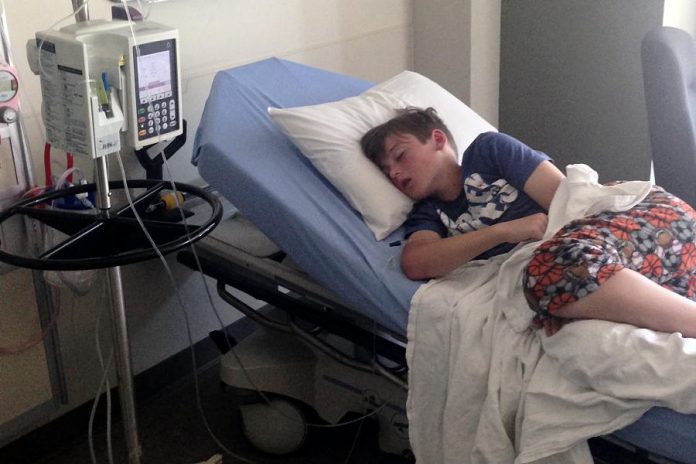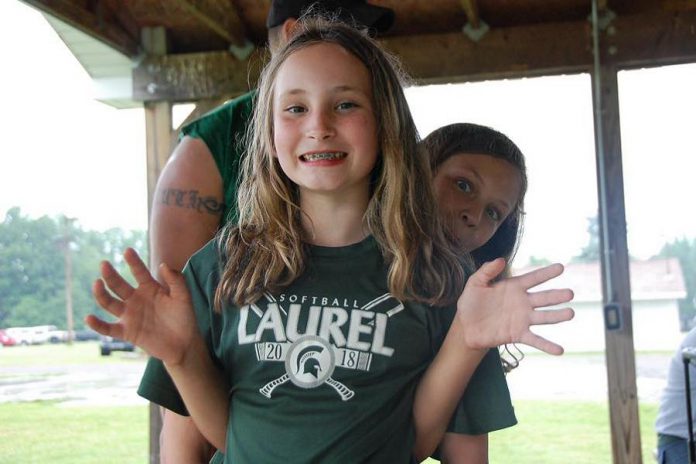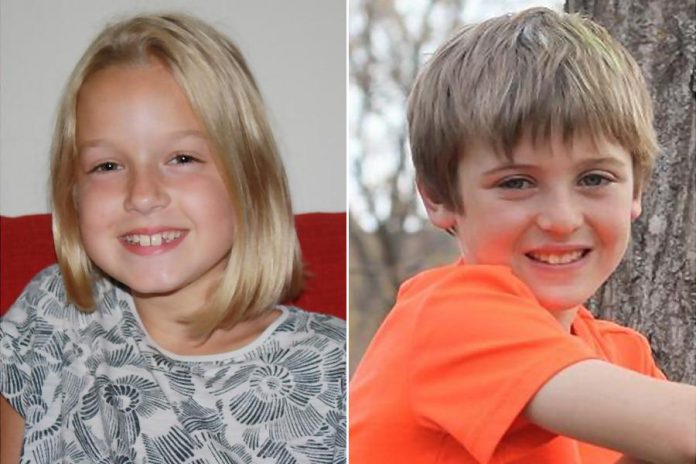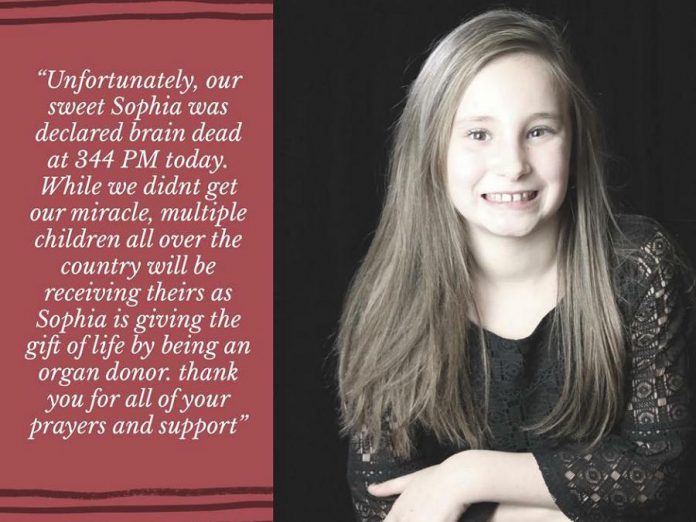
On Friday, November 9th, a team of volunteers is hosting a fundraising gala at The Venue in downtown Peterborough in support of the Juvenile Diabetes Research Foundation (JDRF), which leads the global charge towards the discovery of a cure for this deadly, chronic disease.
“Cuisine for a Cure” will feature fine food, wonderful entertainment provided by local musician Melissa Payne, a keynote address by leading diabetes educator Joe Solowiejczyk (founder of A Mile in My Shoes), and a silent auction will greet guests.
This past September, the tragic reality of life with Type-1 Diabetes hit those in the community hard — re-affirming just how important it is to continue the quest to find a true cure.
On a warm Saturday night in Pittsburgh, Pennsylvania, a little girl named Sophia had a sleepover at a friend’s house.
One pictures a typical bit of fun and mischief for 10 year olds; maybe there were board games and movies, or more likely Snapchats and videos made upon mobile phones and iPads.
It was slightly less typical because Sophia was living with Type-1 diabetes, so there would have been extra blood tests for extra snacks in a bid to ensure glucose levels were balanced.
Her mother probably worried, and Sophia would have assured her all would be well — she should have fun like regular kids after all. She and her friend probably stayed up too late, giggling into the night until they finally fell asleep, comfortable in the simple innocence of the age.
But Sophia never woke up.

Her blood glucose levels dropped perilously low in the night, and the paralyzing fear anyone who cares for a person with Type-1 diabetes lives with every moment of every day exploded in harsh reality for this family.
My wife came across the horrible story the morning Sophia was found, as Sophia’s uncle went on social media in a bid to raise money for the medical bills that began mounting the instant she was found, unresponsive and barely breathing in a state of hypoglycemic shock.
By noon that day, CT scans were underway to see if her brain stem was affected. The next morning her uncle reported Sophia was still unresponsive, her brain stem was herniated, and her brain was swelling. Her kidneys weren’t functioning properly and she was getting worse.

Twenty-four hours later, there were no improvements.
“I am just shocked and stunned at what is happening,” her uncle wrote. “I just saw her like 2 months ago and she was doing great. She is an amazing girl and has so much potential. Please don’t take her away from us.”
By the evening of September 18th, two days after she was found at her friend’s house with the echoes of giggles still humming in the walls, doctors confirmed there was still no brain activity. The family clung to hope that one final test would suggest recovery was possible.
Sophia died on September 19th at 3:44 p.m.

“She will continue her legacy in everyone’s hearts that she touched,” her uncle wrote. “She is going to be truly missed by all those close and far. I will never forget her beautiful smile and her warm hugs.”
We’ve never met Sophia yet we will never forget her. In the early hours of every morning, long before dawn has broken, my wife or I will slip into my son’s room to check his breathing.
Sometimes we check his blood sugars if his numbers have been off that day, for the fear of severe hypoglycemia has been our truth since he was diagnosed with Type-1 diabetes three years ago at the age of nine.

People who don’t understand the reality of this chronic disease toss jokes around flippantly but the reality is this: a Type-1 diagnosis is a sentence to a lifetime of constant balance between synthetic insulin doses and blood glucose levels.
There is no break from this ongoing cycle, and death lingers ever near.
Throughout the world, in developed countries with leading medical systems or lands where the disease is less understood, the risk and the reality is the same.
Progress is being made in the quest to cure this disease; of this I have no doubt, for even in the three years since my boy was diagnosed new hope has emerged, but much more needs to be done.
Sophia died on a Wednesday afternoon. The next morning when my wife told me, I hugged my son a little tighter cursing this dreadful disease under my breath.
Sophia is one name among many whose life was cut far too short and in whose honour we support this quest for a cure. Please visit www.cuisineforacure.ca to purchase your seats and support the efforts of JDRF and the people who struggle every day to manage Type-1 Diabetes.



























